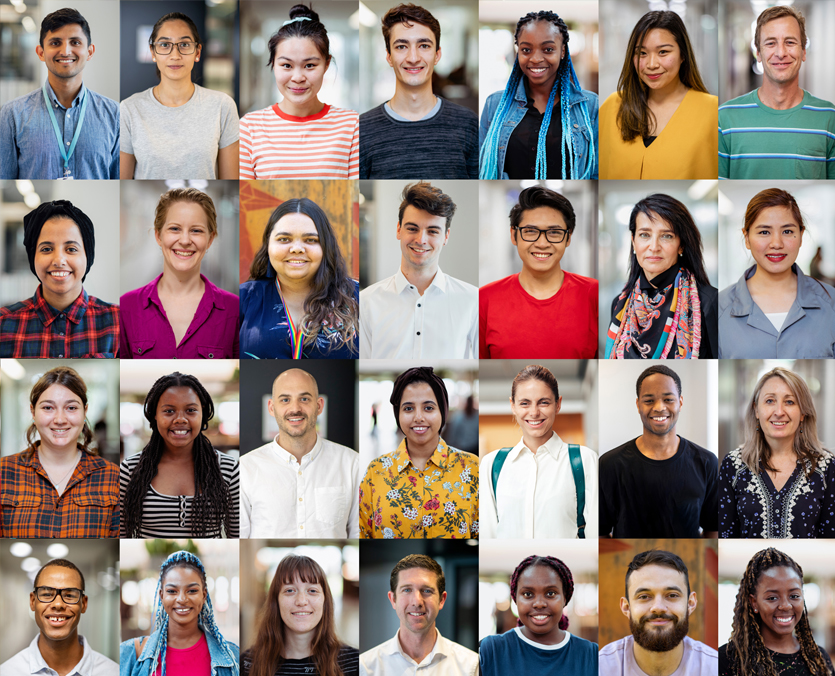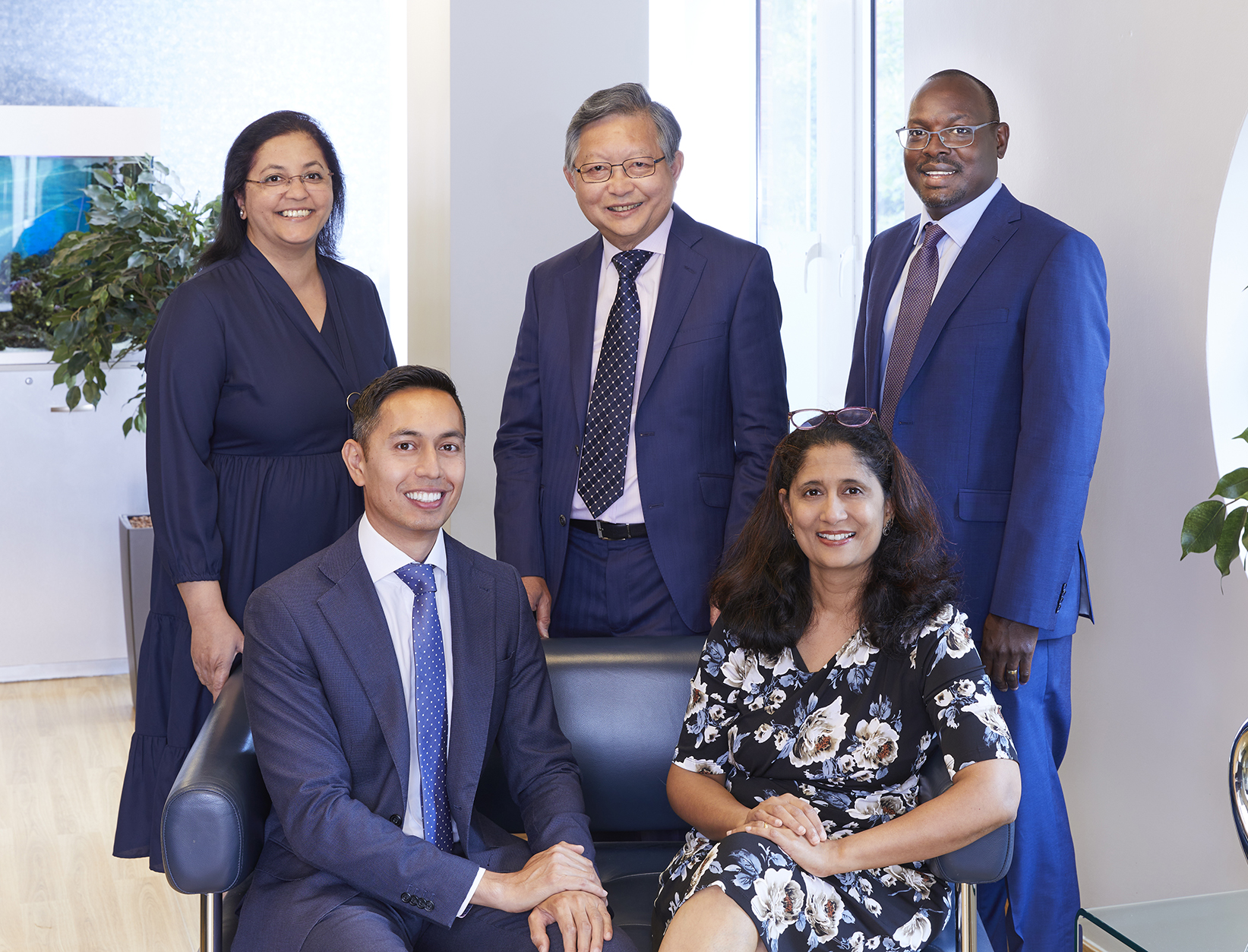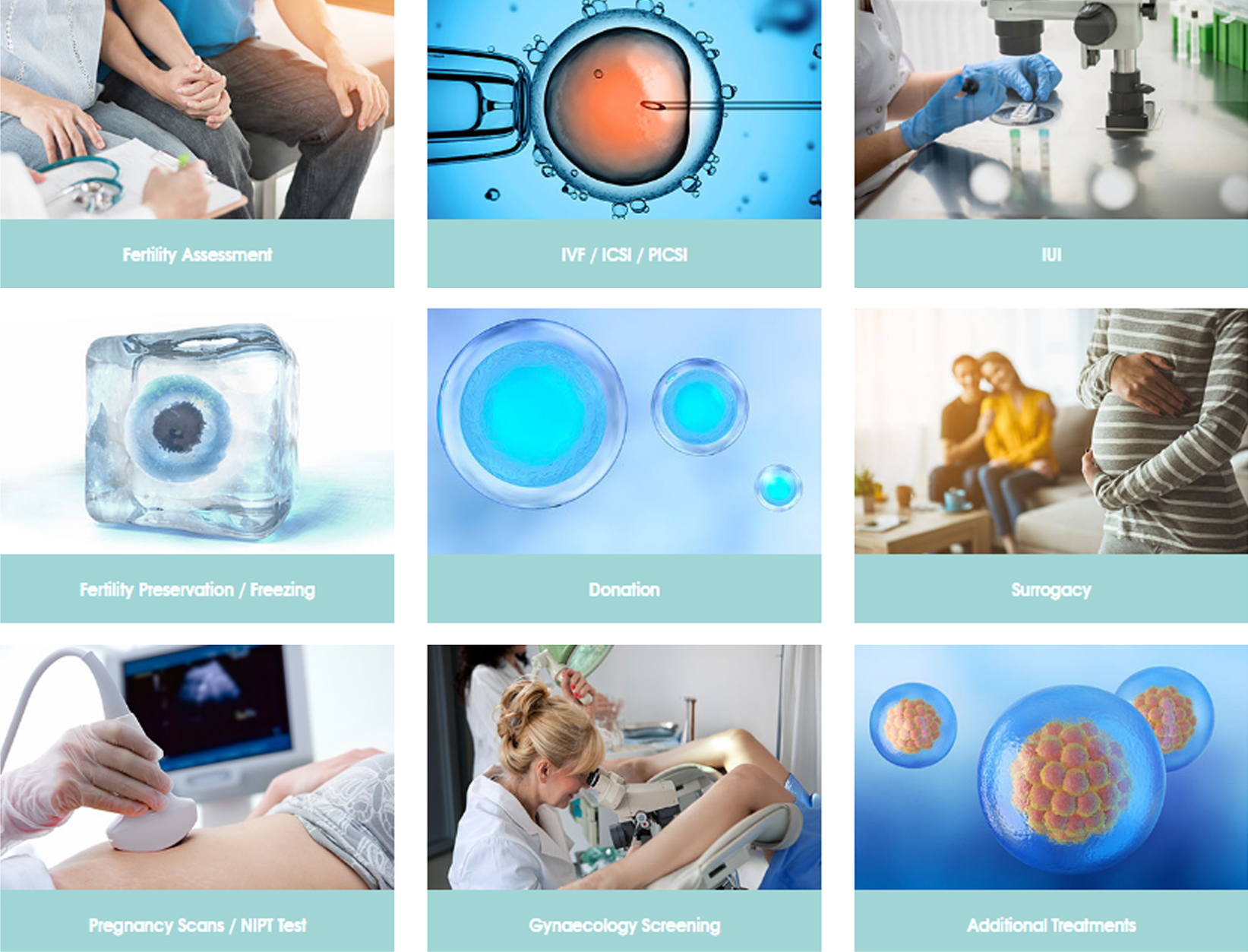15th August 2024
Fertility
Follow the latest news and developments in the world of fertility.
< View all our fertility news and posts


Praveena Pai FRCOG
Consultant Gynaecologist
Am I too old to try for a pregnancy?
Navigating the journey of fertility can be both an exciting and daunting experience, especially as women face the inevitable reality of ageing. Understanding the intricate relationship between age and fertility is crucial for anyone planning to start or expand their family. As women age, changes in ovarian reserve and egg quality play a significant role in fertility outcomes. This blog delves into the science behind ovarian reserve, explores how age impacts fertility, and provides guidance on making informed decisions about family planning. Whether you’re considering starting a family now or in the future, this information is essential for optimising your reproductive health.
How does female age affect fertility?
As you age, so do all the cells in your body. That includes the ovaries and the eggs within. A woman’s peak reproductive years are between the late teens and late 20s. After 30 years, the ability to get pregnant starts to decline, particularly after the age of 35. By 45 years, fertility has declined so much that getting pregnant naturally becomes highly unlikely.
What are my chances of getting pregnant naturally based on age?
Until your early 30s, there is a one in four chance of becoming pregnant in every menstrual cycle. By the age of 40, this drops to one in ten.
What is the effect of age on my eggs?
You begin life with a certain number of eggs in your ovaries. The number of eggs decreases as you age. They also decline in quality due to chromosomal abnormalities in the eggs. As a result, you’ll find it more difficult to get pregnant and are more likely to have miscarriages.
What is the effect of age on my womb?
The ability of your womb to carry a pregnancy does not decline with age. However, you are more likely to develop conditions in the womb that can affect fertility such as fibroids or adenomyosis.
How will age affect my pregnancy?
With increasing age, there is a higher risk of pregnancy complications such as pre-eclampsia or gestational diabetes. You are also likely to gain excess weight or have medical conditions such as high blood pressure as age advances. Optimising health before planning a pregnancy plays a huge role in ensuring a safer pregnancy.
What is ovarian reserve?
Ovarian reserve indicates the number of eggs remaining in your ovaries. This depends on the number of eggs you were born with and the rate at which your number of eggs is declining. That is why two women of the same age can have different ovarian reserves. Certain conditions in addition to age can lower the ovarian reserve. These are genetic conditions affecting the X chromosome, radiation or chemotherapy, certain autoimmune conditions or surgery on your ovaries, such as ovarian cystectomy.
How do you test for ovarian reserve?
We assess your ovarian reserve by doing a blood test called Anti-Mullerian Hormone (AMH). It is a simple blood test that can be done in any part of your menstrual cycle. We can also assess your ovarian reserve using an ultrasound scan to assess your antral follicle count. Usually, we do both to be able to guide you best.
It is important to remember that neither of them indicates your egg quality. Egg quality declines with advancing age.
I want more than one baby. When should I start trying?
The graphic below is a guide as to when you should start trying. For example, to give yourself a 90% chance of having at least 2 children without using fertility treatment, you should start trying by the age of 27.
I’m not ready to start a family yet. What should I do?
Many of you would like a baby but are unable to do so right away due to work or other issues. You can freeze your eggs, which can be thawed and used once you are ready. This involves assessing your ovarian reserve, discussing what number of eggs will be a reasonable number given your age and then undergoing hormonal treatment to produce and store the eggs.
I have been told I have hardly any eggs left in my ovaries. Can I still try for a pregnancy?
Egg numbers can decline with age. Some women also go through premature menopause or are born with conditions affecting egg production. They can try for a pregnancy using donor eggs. We have an egg donation programme in our clinic and the team can guide you about the details.
Fertility is a deeply personal and complex journey, shaped significantly by age and ovarian reserve. While advancing age poses challenges, it also emphasises the importance of proactive planning and exploring available options like egg freezing or fertility treatment. By understanding how age affects fertility, you can make informed decisions in line with your life goals. Whether you’re ready to start your family now or need more time, there are different pathways available to support your reproductive choices. Staying informed and consulting with healthcare professionals can help ensure that your fertility journey is both hopeful and well-navigated.






